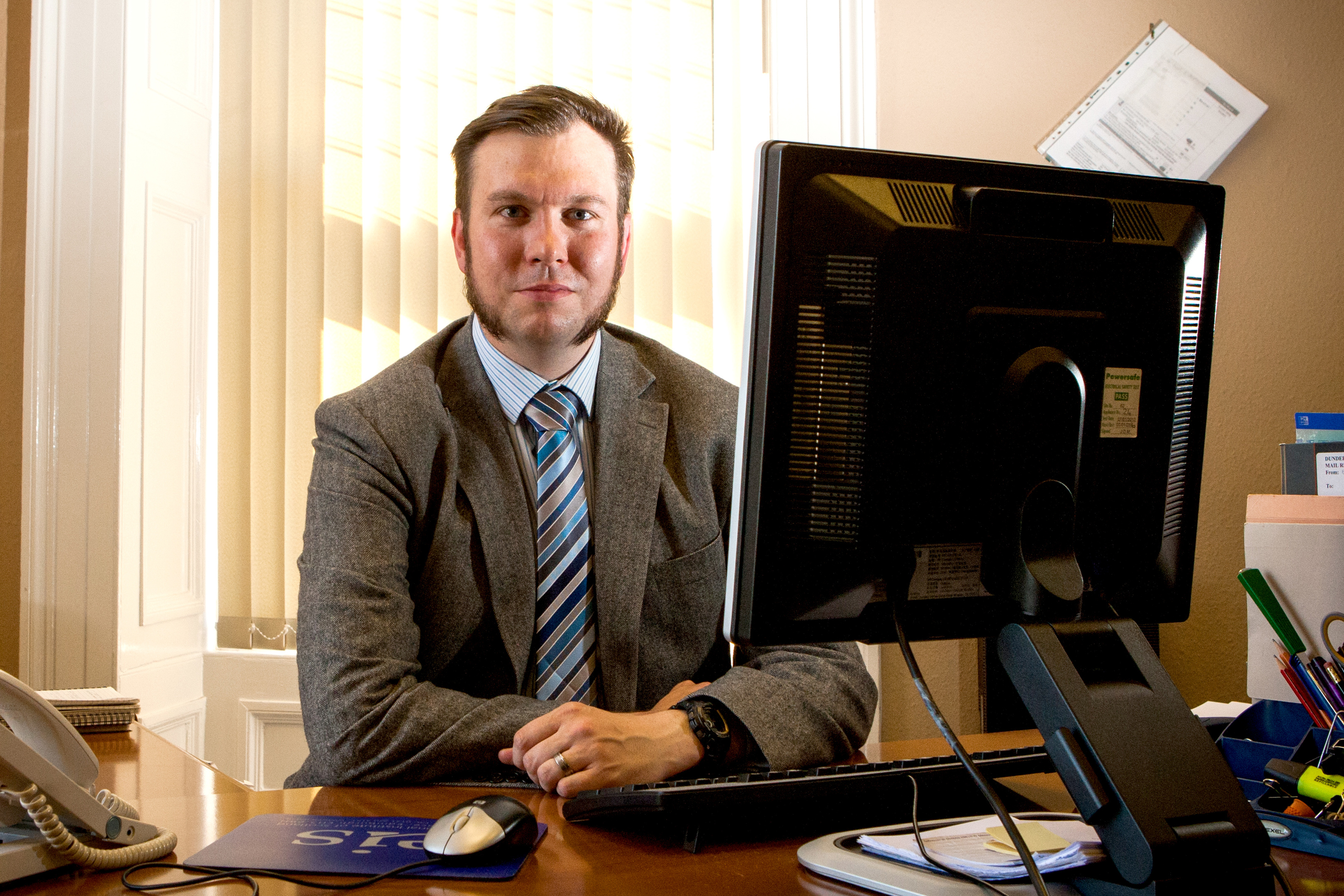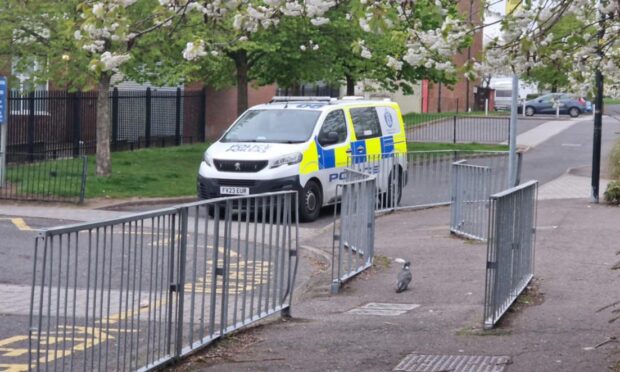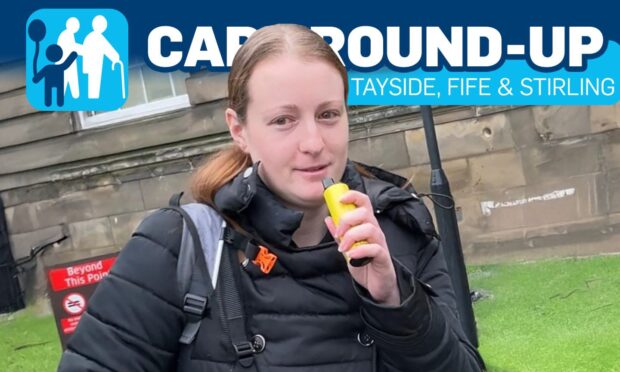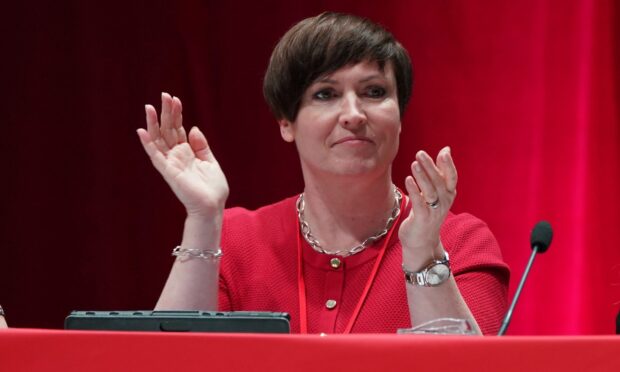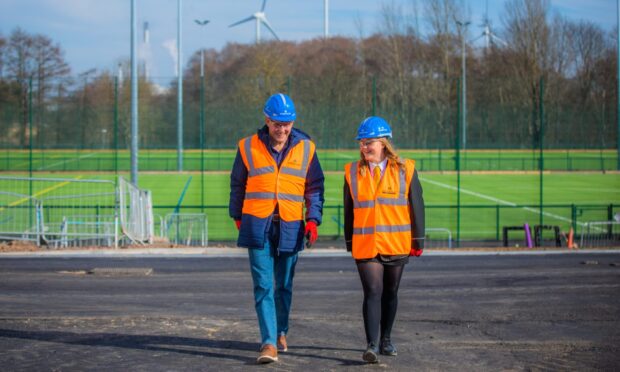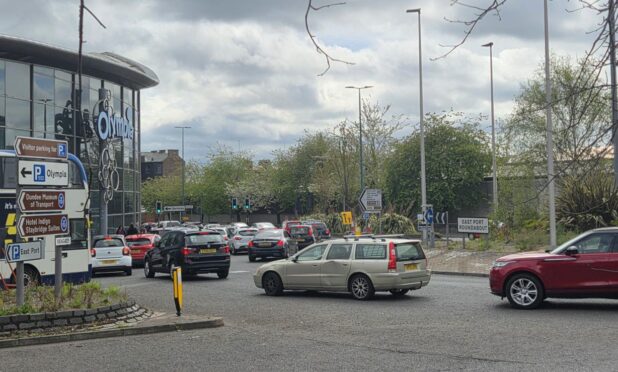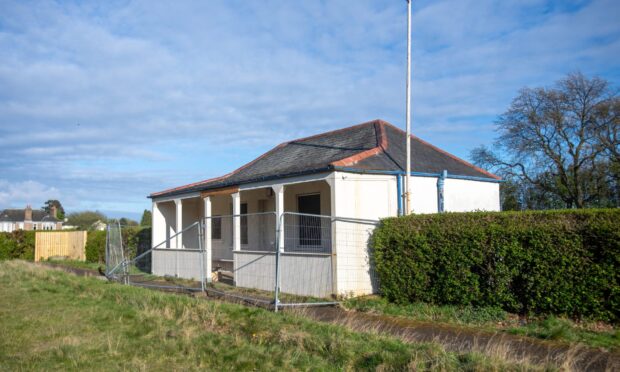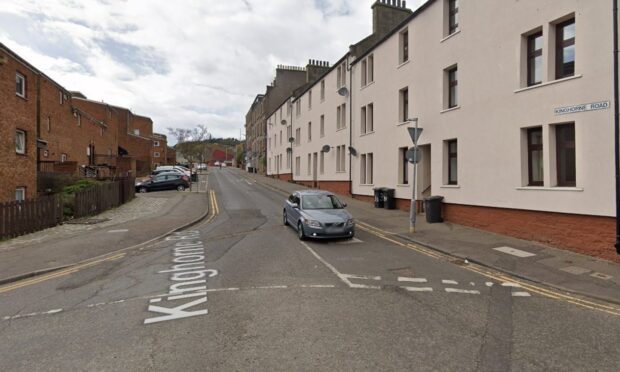The number of Scottish school pupils requiring specialist assistance has rocketed by almost 50% as the number of additional support teaching staff has fallen by 10%.
The number of children in Scottish schools diagnosed as having additional support needs including autism and dyslexia has increased from 117,755 in 2012 to 170,192 in 2016.
The sharp increase is reflected across Tayside and Fife.
Schools in Dundee City have gone from supporting 1258 pupils in 2012 to 3403 in 2016.
The number of pupils registered as requiring specialist help in schools across Perth and Kinross schools has risen from 4594 to 5833.
Schools in Angus have witnessed an increase of more than 200 pupils in need of extra help, with the figure rising from 1460 to 1684.
Fife primary and secondary schools have recorded an increase of almost 60% during the four year timeframe, with 6499 pupils receiving specialist help in 2012 and 10393 pupils in 2016.
Dave Baxter, a Dundee rep from leading teachers union EIS, said he has “huge concerns” about the reduction in additional support teaching numbers.
He said: “The question is, if you don’t have fully staffed schools, how can you bring about improvement?
“If ASN teachers are being used by schools to cover gaps for short term or long term supply, then they’re not helping children in the classroom. Cuts to ASN staff are having a detrimental impact.”
A spokesperson for Fife’s Falkland House School, which specialises in support for learning, said despite the increase in pupils registered as ASN, there has been a significant decrease in referrals from local authorities.
The spokesperson said: “We looked at referral practices and what we found over a period of about three years is there has been a 250% increase from advocacy groups.
“But there has been a 75% reduction in referrals from local authorities.”
Bill Bowman, Scottish Conservative MSP for the North East Region, said: “These are alarming figures. Part of the reason behind this could be a greater awareness of learning difficulties in recent years which could lead to a higher level of cases being diagnosed.”
Dundee City Council Children and Families Convener Councillor Stewart Hunter said: “We are committed to supporting young people with additional support needs.
“Staff work closely with parents to come up with a tailored plan to suit the child’s needs.
“This can include adapting the learning environment, how much adult support the child needs and any physical access issues that need to be addressed.”
An Angus Council spokesperson said: “Over recent years, and in recognition of local need, there has been an increase in the number permanent ASN staff including teachers and support assistants.”
A spokesperson for Perth and Kinross Council said: “Our focus on early intervention and support provision is intended to help pupils achieve their full potential both in their education and in their personal and social development so that they are prepared for adult life.”
A Scottish Government spokesman said: “Our most recent statistics indicates that attainment levels amongst pupils with additional support needs has improved since the introduction of the Act (The Additional Support for Learning Act), but we will continue work with local authorities on meeting the individual needs of children and young people to ensure that we get it right for every child.”
Fife Council were approached for comment.
The figures provided include children living with more than one additional support requirement.
